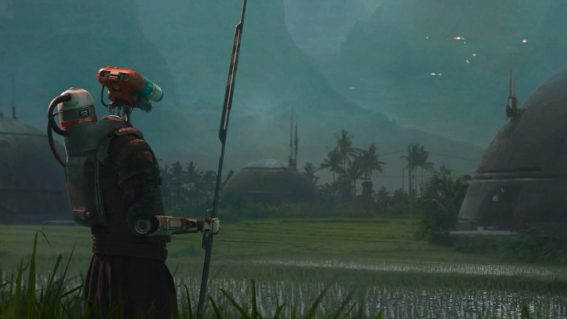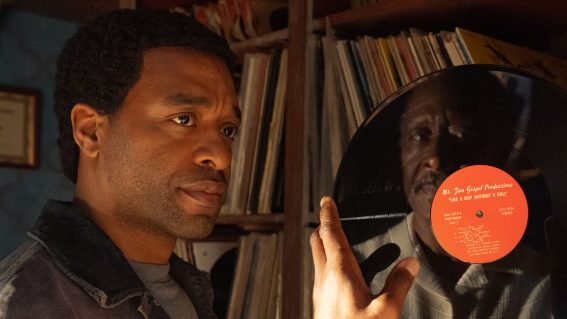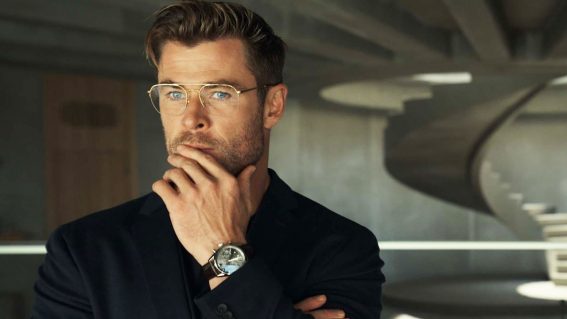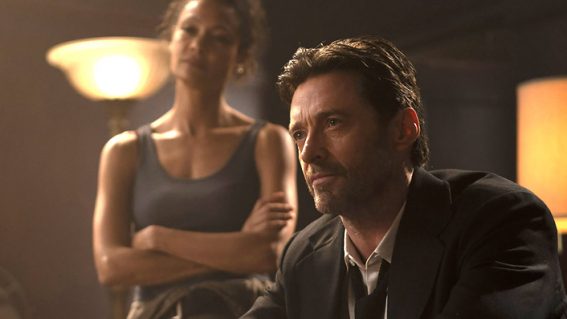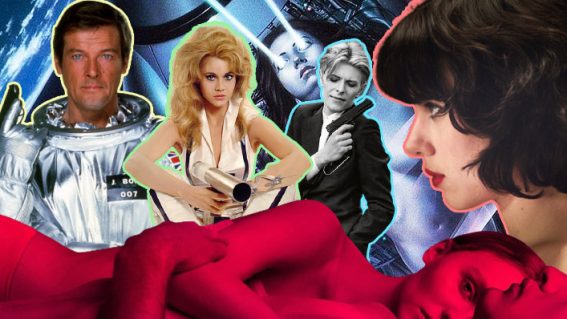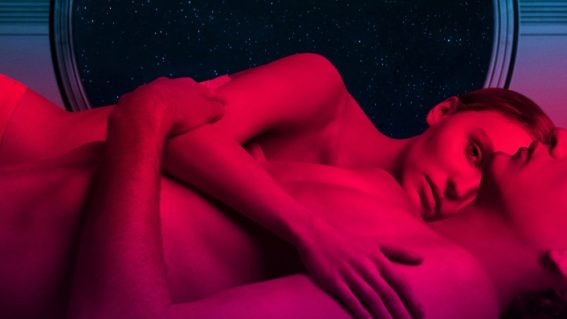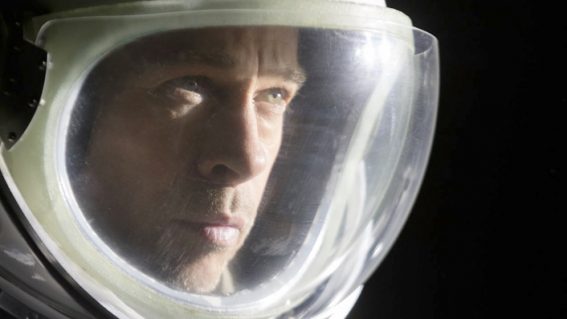Archive of capsule reviews for science fiction movies
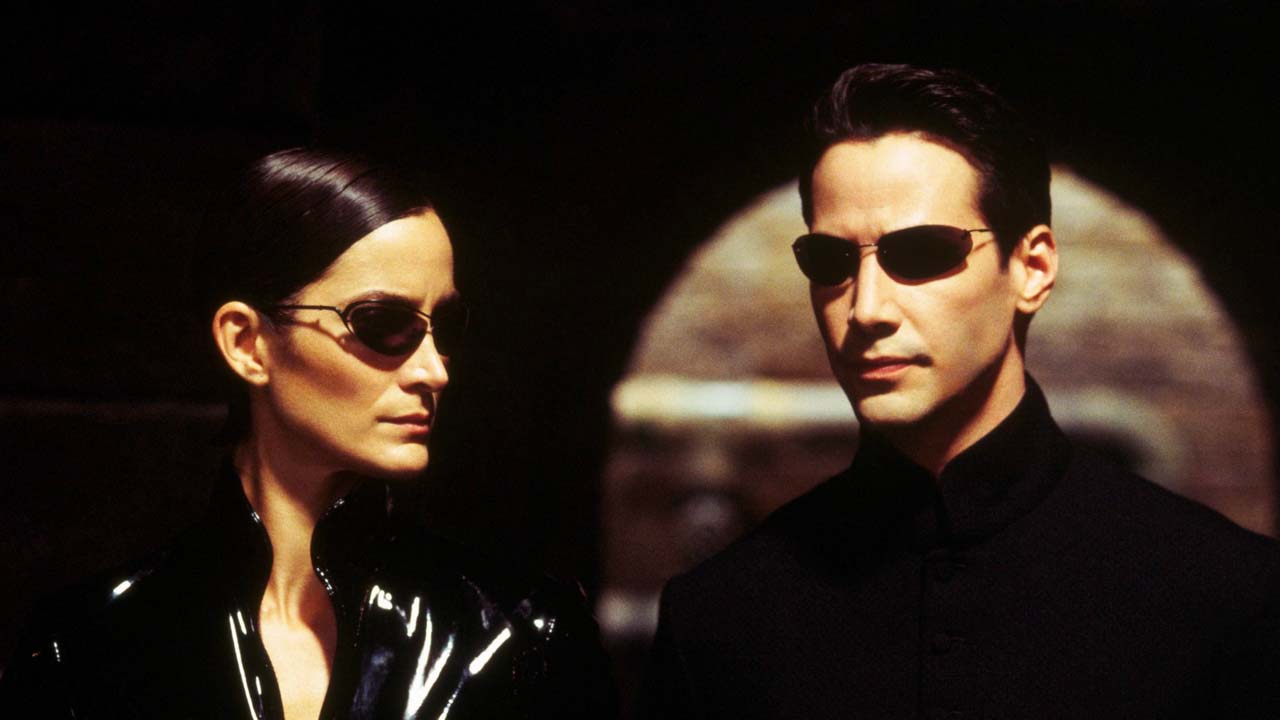
Check the titles of each of these unforgettable sci-fi masterpieces to see where you can stream them now: Craig Mathieson’s short reviews from when they were available on other services are still insightful now.
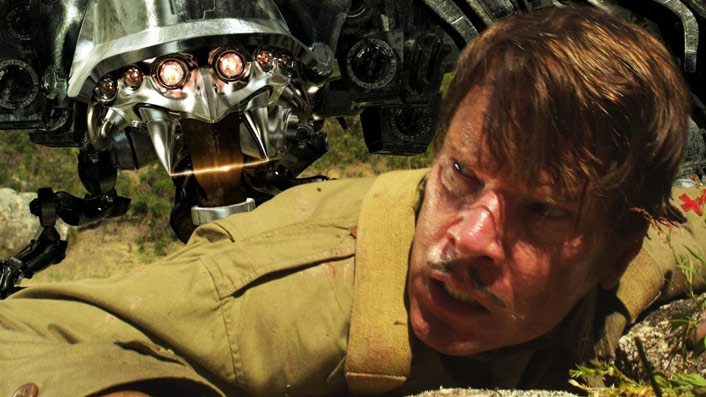
The 25th Reich (2012)
Paying homage to the vintage sci-fi of the 1950s and pioneering visual effects of Ray Harryhausen, this low-budget Australian feature begins with a group of World War II American soldiers who take part in a secret 1943 experiment that pitches them into a Nazi-run far future. The accents are broad and so are the enemy robots.

Brazil (1985)
One of the truly great films in Terry Gilliam’s ever chaotic career, this distinctly British—despite the presence of Robert De Niro as a renegade heating engineer—dystopian satire is 1984 by way of Kafka. Jonathan Pryce is the daydreaming bureaucrat who goes through a looking glass of faulty mechanics, mind-bending rules, and grotesque elites in pursuit of hope, only to lodge himself in ever worsening circumstances.
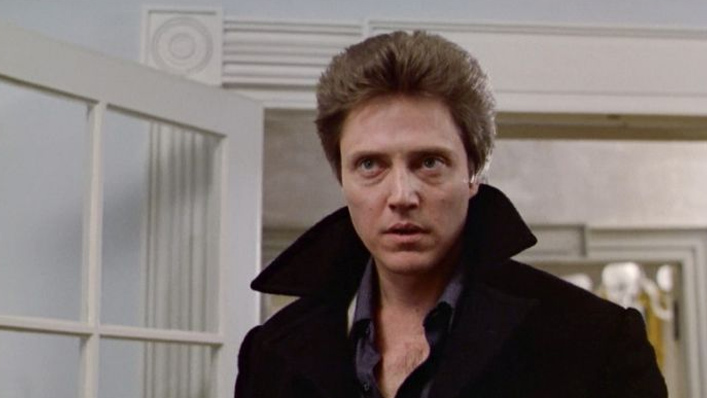
The Dead Zone (1983)
Devastatingly handsome yet menacingly otherworldly, Christopher Walken was the perfect lead for David Cronenberg’s adaptation of the Stephen King novel about a school teacher who realises he’s trapped by his ability to see the future of those he physically encounters. It’s a cold to the touch thriller about having to confront the necessary.
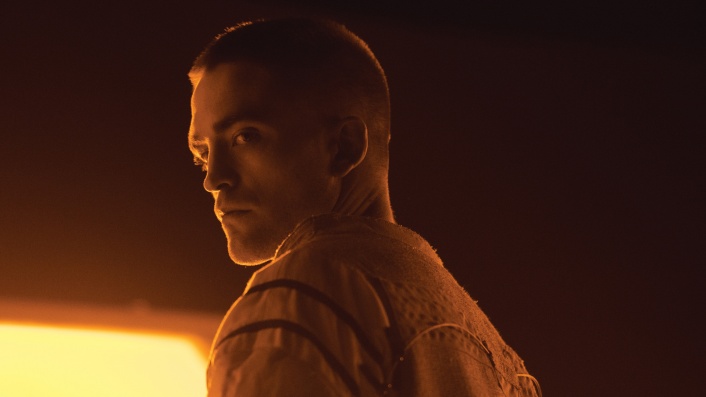
High Life (2018)
As the most valuable French filmmaker of the last 25 years, Claire Denis was always going to bring her recurring concerns—family bonds, the implacable burden of knowing who you are, the lonely torment of love—to a fractured story of a space mission to a black hole staffed by condemned criminals and a controlling scientist. Not surprisingly, both Robert Pattinson and Juliette Binoche have memorable roles.
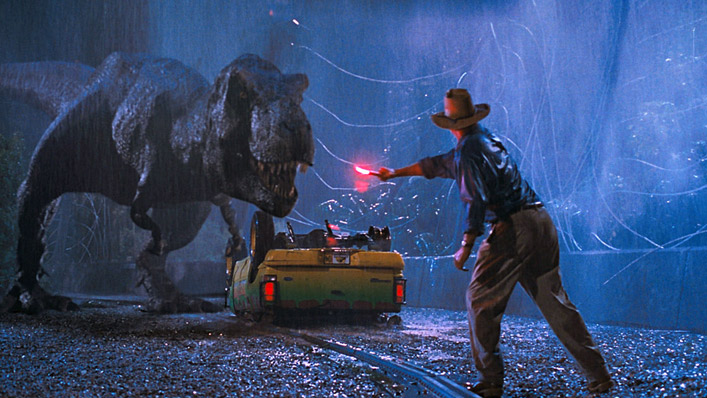
Jurassic Park (1993)
Steven Spielberg dominates this field—when you instinctively think in terms of images never previously seen on a screen, then science-fiction has to be a recurring destination. Research goes awry to terrifying effect in this breakthrough blockbuster, set in a tropical theme park where revived dinosaurs are the attraction. Things quickly spin out of control and Sam Neill, Laura Dern and Jeff Goldblum have to run for their lives.
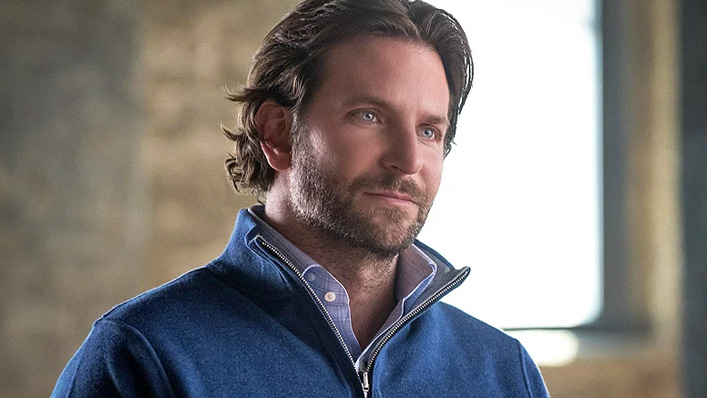
Limitless (2011)
When Bradley Cooper’s failing New York writer tries an experimental drug, his mental powers and intellect rocket upward, exposing him to both vast opportunity and violent risk. With Robert De Niro as a circling tycoon, Neil Burger’s drama applies an inventive and gruesomely comic perspective to a what-if technology scenario that can be watched in a double bill with the next entry.

Lucy (2014)
Scarlett Johansson plays a young American woman in Taiwan exposed to a new synthetic drug, which accelerates the usage capacity of her brain. It sounds better when Morgan Freeman’s academic does an exposition dump on it. Being a Luc Besson film, this makes her a compelling sight, central to escalating action sequences, and heading for world domination.

The Matrix (1999)
Gravity was driven by computer code and special effects bent reality’s rationale in the movie that rebooted science-fiction and the action movie for the looming 21st century. Keanu Reeves is the everyman who becomes a digital warrior in a rebellion against a machine regime; Lana and Lilly Wachowski’s blockbuster remains masterfully complete.

New Rose Hotel (1998)
Johnny Mnemonic is the best known adaptation of a William Gibson story, but this Abel Ferrara take on corporate spies and romantic self-destruction is the most interesting. Eschewing, whether due to boredom or budget, images of the future, it focuses on an anonymous Tokyo-based triangle between Christopher Walken, Willem Dafoe and Asia Argento. The movie is fragmented and fuzzily furious, like tech yet to be debugged.
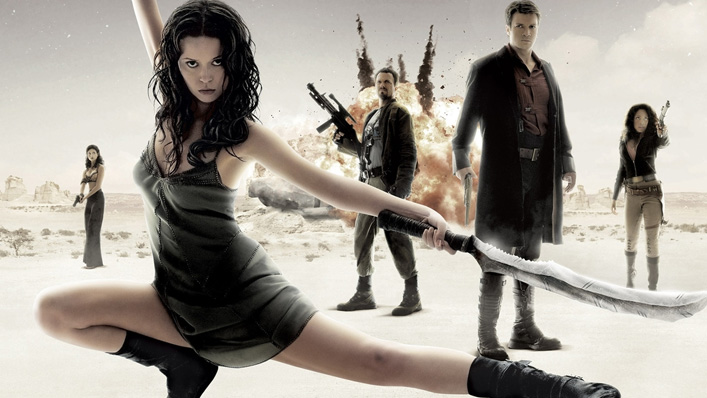
Serenity (2005)
Joss Whedon only got to make a single season of his 26th century space western Firefly. However its cult success on DVD allowed him to reassemble the cast—led by Nathan Fillion’s roguish spaceship captain—for a feature film sequel that paved the way for his Avengers movies—with witty exchanges, imperiled dedication, and stakes-laden action.
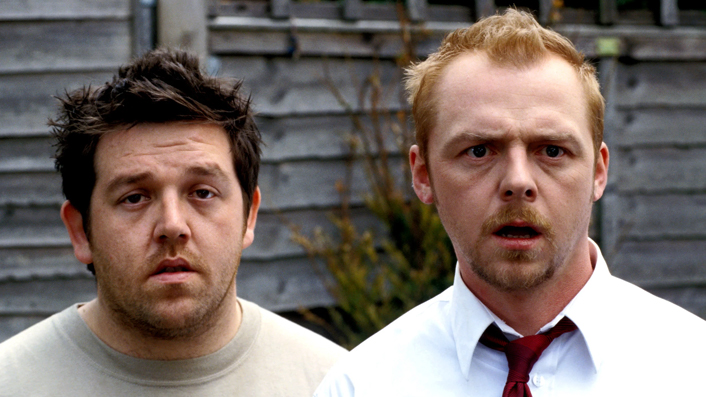
Shaun of the Dead (2004)
Equally committed to pub culture and the movies of George A. Romero, Edgar Wright’s very British and very amusing zombie apocalypse comedy finds Simon Pegg and Nick Frost negotiating the undead’s shuffling return, with droll technique and genre-defying bursts of comic mayhem.

Under the Skin (2014)
Every Jonathan Glazer film is a distinct experience, and none more so than this mesmerising character study of an alien creature in human form. It’s depicted with otherworldly detachment by Scarlett Johansson, who prowls Scotland, harvesting male admirers before an existential crisis takes hold. With its elemental horror, documentary aesthetic and gender commentary, the movie is memorably complete.

War of the Worlds (2005)
Steven Spielberg and Tom Cruise put a modern spin on H. G. Wells’ science-fiction classic, with the latter as the estranged father trying to safeguard his children after towering alien tripods create havoc. The scale is suitably vast, but what endures is Spielberg’s fascination with imagining lines of fearful refugees on American roads. He depicts the remnants of society with painterly care.

Watchmen (2009)
A movie is probably too short to satisfyingly encompass Alan Moore and Dave Gibbons’ hugely influential 1987 graphic novel. But 300’s Zack Snyder did his best with this alternate history superhero noir, where the suppressed remnants of crime-fighting capes investigate an apocalyptic plot.

